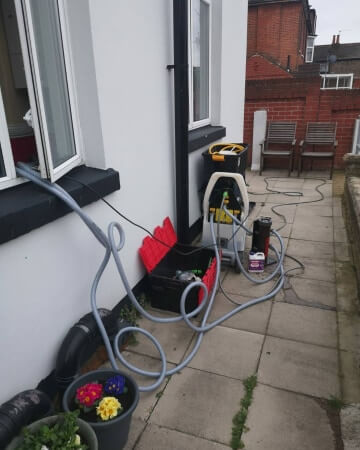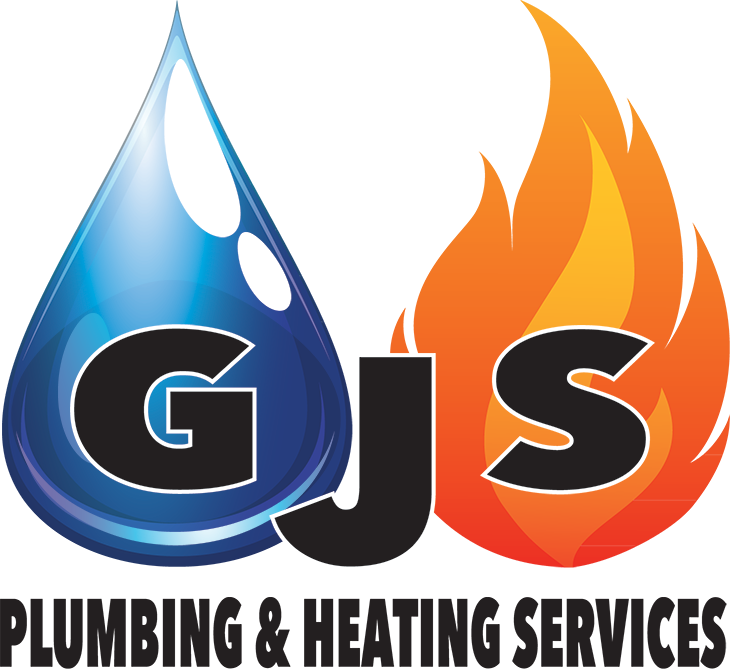What's The Best Way To Clean Your Boiler
Over the winter months, it becomes clear how essential our boiler is in keeping us comfortable and safe at home. Providing heating and hot water makes the boiler one of, if not the most essential piece of equipment inside the home, and those who have seen their boiler fail on them recently have felt how difficult home life can become without a functioning boiler.
With it being such a focal point to secure home living, it’s important to do what you can to look after it and ensure that it says in top condition. Like your car, computer, and other pieces of equipment, continuous use can start to wear your boiler down, and it’s when it starts to deteriorate that issues can arise. A simple way to prevent boiler breakdowns and other problems is to clean it every now and again, and doing so isn’t too difficult.
There are plenty of different options in how you can clean your boiler. However, the most traditional and most trusted method is through a central heating power flush.
What is a Power Flush?
A central heating power flush is a process that uses a solution of chemicals that travels through the pipes within your central heating system to remove debris, dirt, rust, and any other unwanted waste materials that may be hiding within them. This cleaning of the lines can make your boiler way more efficient and perform at a higher level. This process doesn’t have to be done too often to ensure that it’s in good condition, as it’s recommended that you complete this task once every six to eight years or so. It is important to understand that if your boiler hasn’t been cleaned in a very long time, then there’s a chance that a flush might not clear all the debris and that your boiler will remain faulty. If this is the case, it may be more effective to get a new boiler installed, as this will be a more updated model and could revolutionise your home’s central heating.
How To Perform A Power Flush
Simply, you don’t. Power flushes utilise dangerous chemicals and require the skills of an experienced engineer to perform, so if you’re looking to get a power flush done, call the professionals.
Make sure that you time your flush so that it suits your schedule, as the flush can take anything between five to ten hours, and you’ll have no hot water or heating during that time. That’s why it’s a good idea to do this during the warmer summer months, ideally when the family doesn’t need to be home.
When conducting a power flush, the engineer will connect a pump to your central heating system to push the chemical solution through your pipes. This chemical not only cleans the pipes but will also include a descaling agent, which should prevent rust from forming in the future. As this task takes such a long time, a good engineer like the ones at GJS will get to work on other tasks, looking and fixing other potential issues such as blockages or replacing and updating components.

